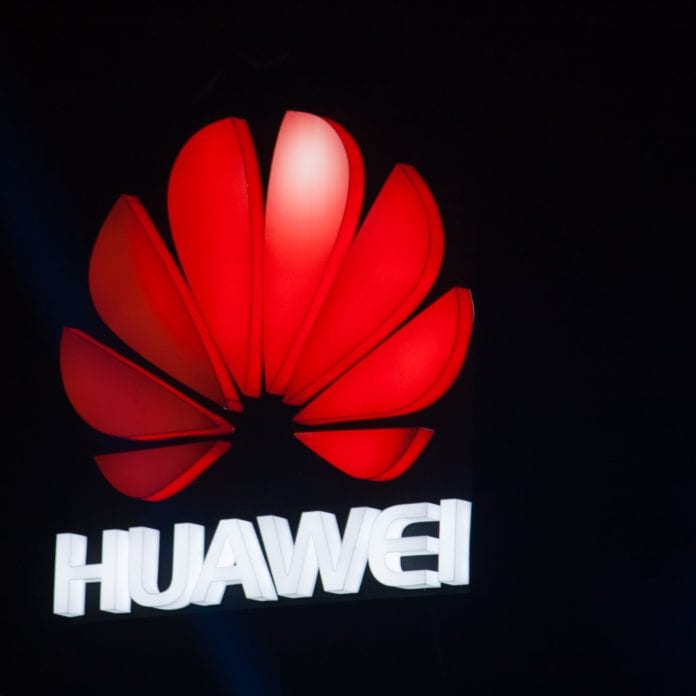IEEE prohibits Huawei personnel from peer-review process
The multi-faceted battle between various U.S. government offices and Chinese technology company Huawei, largely a proxy for a larger trade war, this week drew in a normally quiet regulatory body, the Institute of Electrical and Electronics Engineers.
According to the IEEE, because it is a nonprofit registered in New York, the group has to comply with U.S. restrictions as applied to Huawei. On May 16, the U.S. Department of Commerce essentially blacklisted Huawei which, among other restrictions, limits access to components sold by U.S. companies. This led Google to cut-off access to Android, ARM to severe its relationship and other potentially harmful business moves.
Following suit, IEEE banned Huawei personnel from taking part in the peer-review process that feeds scientific articles into the group’s 200 some odd journals.
In a statement, IEEE said it “must comply with its legal obligations under the laws of the United States and other jurisdictions. Compliance with these regulations protects IEEE, our volunteers, and our members.” Huawei employees can maintain personal and corporate membership, take part in votes, access publications, submit papers and present at IEEE-sponsored conferences
In response, IEEE editorial board member Haixia Zhang, a professor at Peking University in Beijing, tendered his resignation in a letter to IEEE President-elect Toshio Fukuda. Zhang said he was “shocked” the IEEE had entered the U.S./Huawei debacle and closed his note, posted to Weibo, with “Looking for the daylight.”
“We all believe that IEEE is an international society, not just belong[ing] to USA or North America…its members cover all over the world and everyone has equal right to make it more professional, productive with high efficiency.”
“Should the U.S. government clarify…with respect to peer review we will further advise the IEEE community,” the group said.

